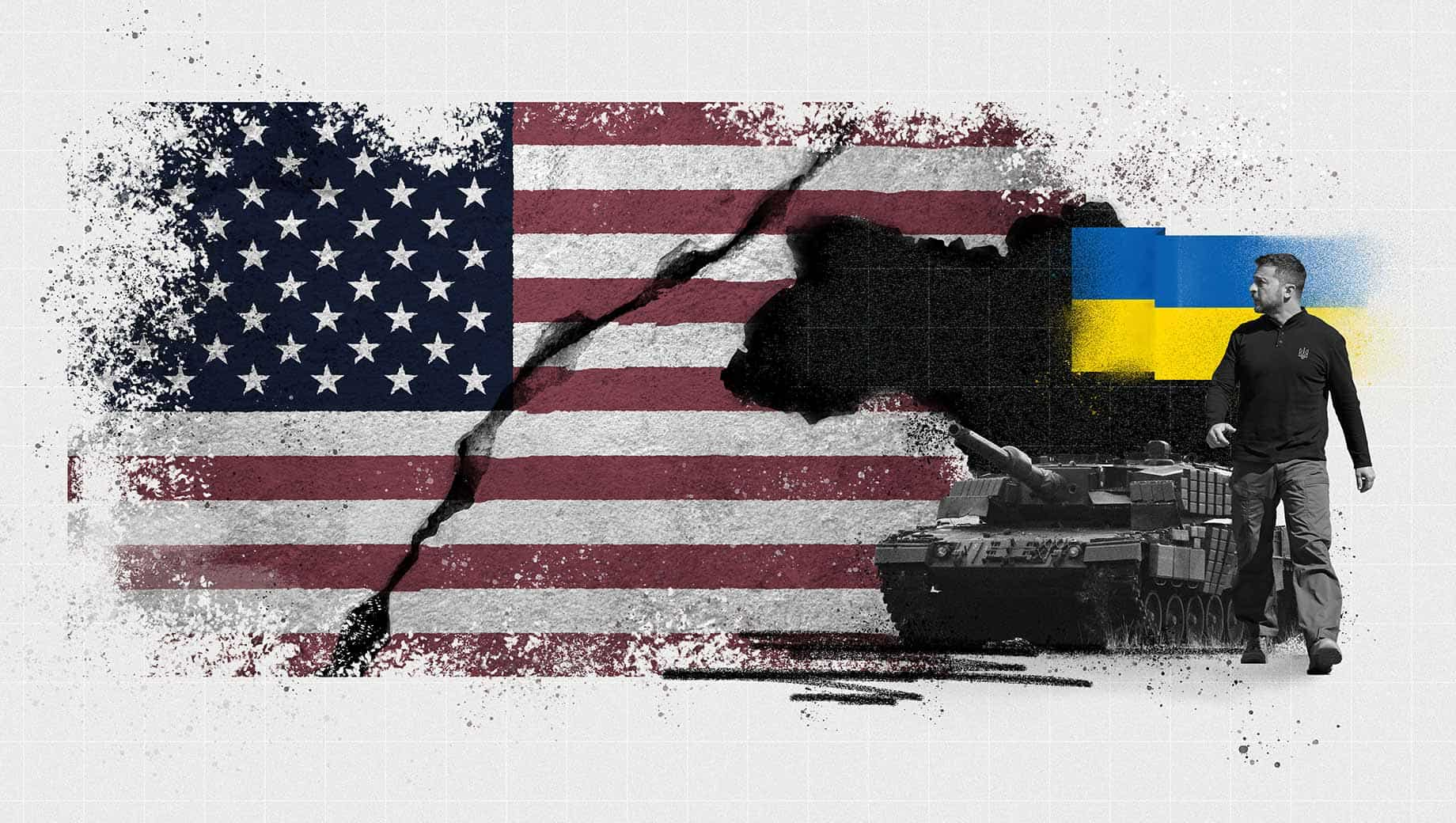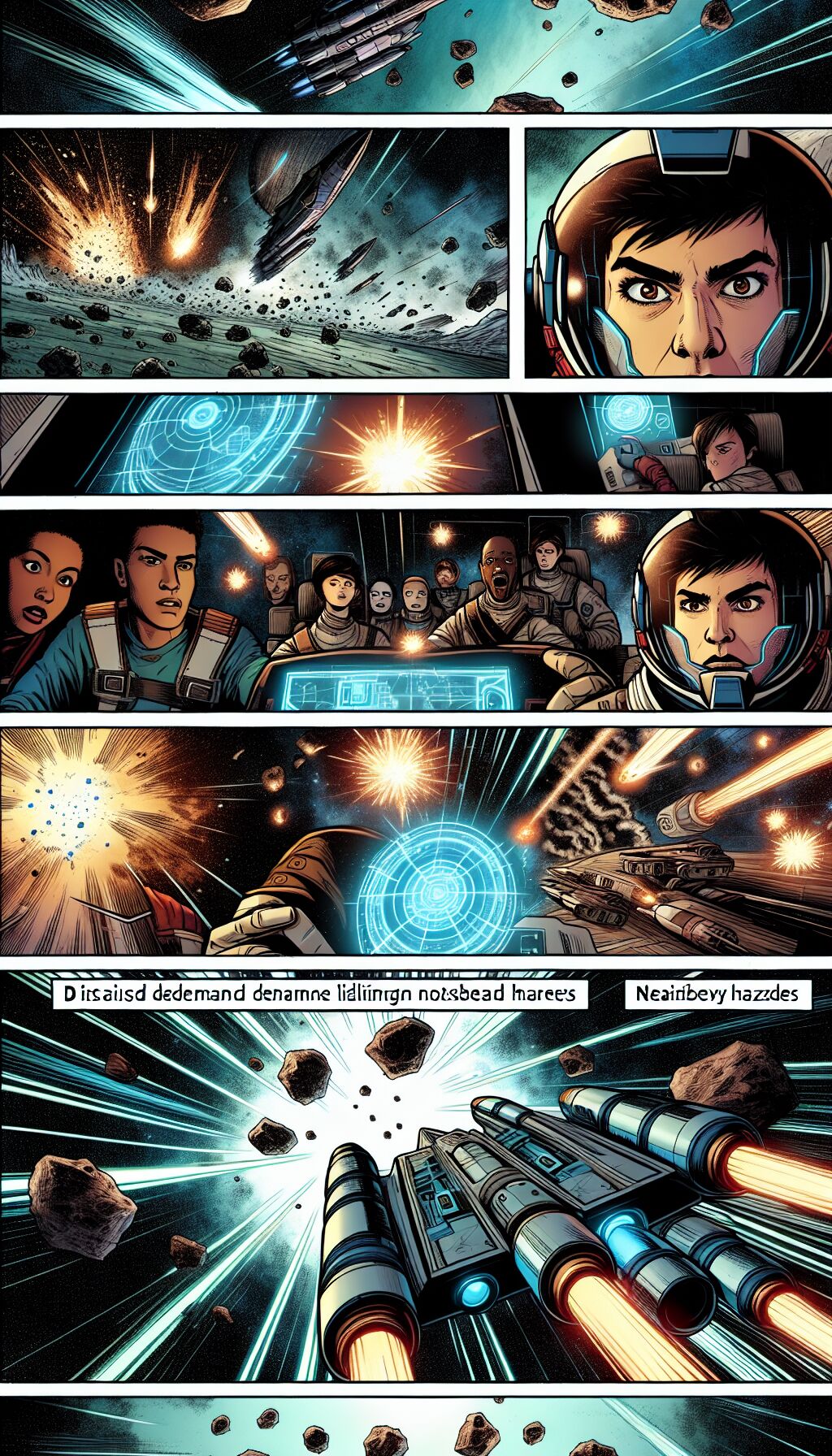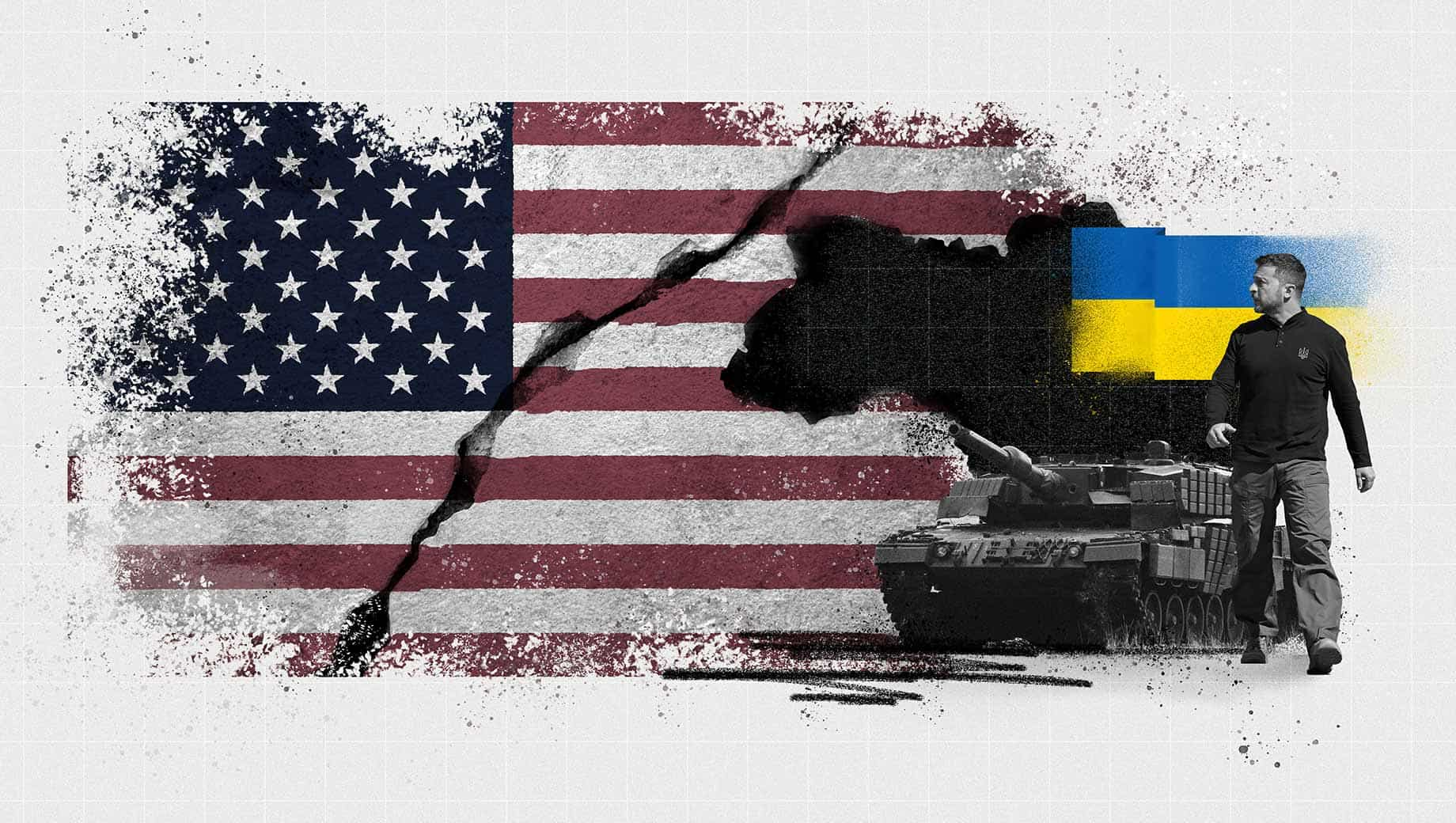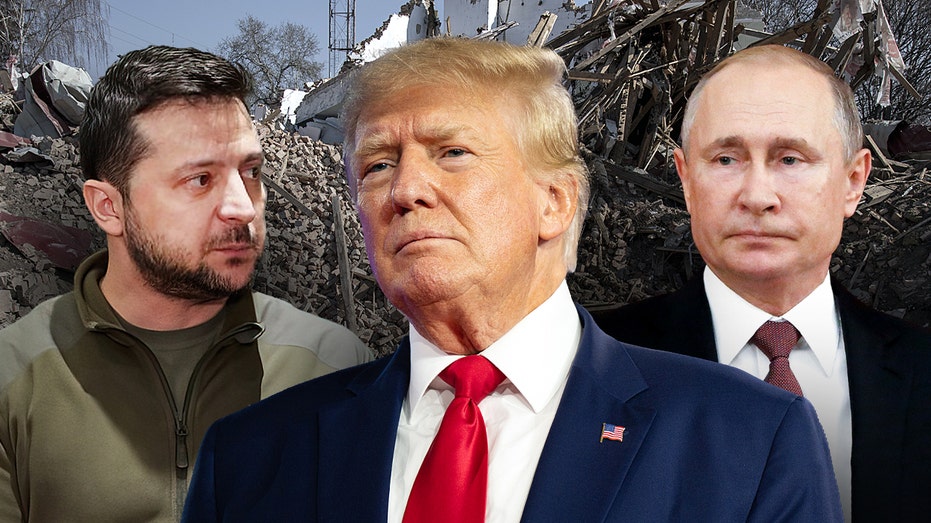
Ukraine War Enters Fourth Year as Global Uncertainty Grows Amid U.S.-Russia Talks
As Ukraine marks the onset of its fourth year of conflict, former CIA Moscow station chief Dan Hoffman has stated that “we are way closer to the beginning than we are to the end.” The war has left an indelible mark on the global geopolitical landscape, prompting urgent discussions among world leaders on how best to navigate the ongoing crisis.
Shifts in Diplomatic Dynamics
Following the re-election of President Donald Trump on November 5, 2024, Western nations have been attempting to predict the trajectory of Russia’s actions in Ukraine. In an effort to establish a path towards peace, Washington is focused on revitalizing its relationship with Moscow. This shift has sparked an intense wave of diplomatic activity.
Within just a week of Trump’s election, several high-level conversations occurred: Trump directly engaged with Russian President Vladimir Putin; Secretary of State Marco Rubio met with Foreign Minister Sergey Lavrov; and retired Lt. Gen. Keith Kellogg, the special envoy for Ukraine and Russia, had discussions with Ukrainian President Volodymyr Zelenskyy. Meanwhile, Defense Secretary Pete Hegseth has stirred controversy by suggesting that Ukraine’s NATO membership may not be realistic.
Confusion in the Geopolitical Climate
Despite the diplomatic overtures, the situation appears increasingly chaotic rather than resolved. Hoffman expressed uncertainty about what a ceasefire would even entail, pointing to the many variables that could complicate negotiations between Kyiv and Moscow.
“The key challenge is stopping Russia,” he stated and added that Putin might see an opportunity to negotiate a deal with the Trump administration to lessen the punitive sanctions imposed on his country. However, Hoffman underscored that Putin, with his background as a KGB officer, is inherently skeptical of the U.S. leadership.
“Putin despises Trump just as much as he does Hillary Clinton or Joe Biden,” Hoffman asserted. “To him, the U.S. is always the enemy.” He warned that Putin may attempt to manipulate negotiations to present a favorable image of Russia, aimed particularly at enhancing its influence in regions like the Middle East and Africa.
Core Issues in Negotiations
A significant obstacle in any peace negotiations remains Ukraine’s security, notably its aspirations for NATO membership and potential Russian influence over that process. Catherine Sendak, an expert in transatlantic defense at the Center for European Policy Analysis (CEPA), emphasized, “Ukraine’s NATO membership should not be a bargaining tool. We don’t want Russia to have de facto veto power over NATO enlargement.”
In response to a possible ceasefire, both Britain and France have suggested that they may send troops to Ukraine, yet Moscow has already declared NATO’s presence in the country unacceptable. The uncertainties surrounding the role of European forces—whether for border policing or air and naval defense—remain pervasive. Analysts within CEPA argue that while the U.S. should play a crucial role, the Trump administration has indicated a reluctance to deploy American forces in Ukraine, potentially reducing U.S. military involvement in Europe.
Putin’s Objectives and Ukraine’s Stance
The Kremlin’s ambitions remain evident, particularly Putin’s objective of fully controlling the regions of Luhansk, Donetsk, Zaporizhzhia, and Kherson—territories he illegally annexed in 2022 but has not yet fully secured. In contrast, President Zelenskyy maintains a firm position against ceding any Ukrainian territory, including Crimea, which has been under Russian occupation since 2014.
However, Defense Secretary Hegseth recently indicated that retaining Crimea might be an “unrealistic” goal in negotiations. Some Western analysts suggest a possible compromise, advocating for a situation where Russia occupies certain parts of Ukraine without renouncing international recognition of that territory as Ukrainian. This approach could suspend hostilities while leaving future territorial disputes for later diplomatic consideration.
Europe’s Role Amidst U.S. Hesitance
The Trump administration’s push for European nations to take the lead in military assistance to Ukraine is catalyzing a notable shift in responsibilities. While European countries increase their support, the lack of firm backing from the U.S. raises concerns regarding America’s leadership status among its allies.
Sam Greene, director of democratic resilience at CEPA, noted that “some European nations—including the U.K. and France—are starting to view the U.S. as part of the problem.” This perception, coupled with emerging divisions between Washington and its European counterparts, deepens the fears that Putin’s longstanding strategy of creating discord within the Western alliance is succeeding.
“There needs to be a coordinated effort among the U.S. and its allies,” warned William Monahan, a senior fellow at CEPA. “Putin has long sought to weaken transatlantic unity, and right now, he’s succeeding.”
The Path Ahead
As the conflict continues into its fourth year, the uncertainty surrounding its resolution appears to grow. The diplomatic channels being pursued by the U.S. and its allies, while urgent and necessary, reveal a landscape fraught with complexity and competing interests. The stakes are high—both for Ukraine’s sovereignty and for the broader stability of Europe. With deep-seated mistrust on both sides and a myriad of geopolitical calculations at play, the search for peace remains fraught with unpredictability, emphasizing the need for a united front among Western allies.


















